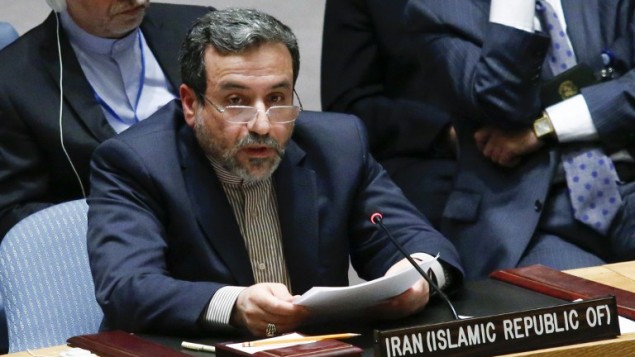London-Concerns in the financial community over deals with Iran are hampering Airbus Group SE’s ability to close a multibillion-dollar aircraft deal with Tehran, the European plane maker’s head of sales said Wednesday.
“We have to find ways to get money out of Iran through the banking system,” said John Leahy, Airbus Chief Operating Officer for customers. While progress has been made, it has been slower than expected, Leahy said in a press conference held in Paris on Wednesday.
Funding problems are complicating Iran Air’s attempts to upgrade its fleet, he added.
Iran announced a deal to buy 118 airliners from Airbus valued at $27 billion at list price. The deal, which hasn’t been completed yet, includes everything from Airbus single-aisle planes to 12 of its flagship A380 superjumbos, which carry a list price of $432.6 million, though buyers typically get discounts.
Iran, with a population of more than 80 million and pent-up demand for travel after years of isolation, represents one of the few large remaining untapped markets for new planes.
Leahy said Iran has “an ancient fleet” that needs replacing and will enjoy growth as the country’s economy recovers.
Banks remain reluctant to do deals now that the U.S. and European governments are looking to foster transactions, after facing fines imposed by U.S. regulators on lenders with Iran dealings when western sanctions were in place.
The banking issue goes beyond the airplane sector; oil companies also have struggled to line up big banks to back deals. In some cases, they had to resort to barter arrangements or using smaller banks.
For his part, Deputy Foreign Minister Abbas Araghchi said in May, “Major European banks have not yet started their interactions with Iranian banks, but some medium- and small-sized financial institutions have established relations, including opening letters of credit.”
He accused “lobbies” in the United States, Israel and Saudi Arabia of stirring up animosity towards Iran to prevent it from reaping the benefits of the landmark nuclear deal signed last July.
When the agreement came into effect in January, Washington lifted sanctions directly related to Tehran’s nuclear program but it maintained others imposed over its ballistic missile program and its alleged support of “terror” groups.
Several European banks have received massive fines in the United States in the past after being found guilty of violating U.S. sanctions against Iran and all remain wary of incurring similar punishment.
